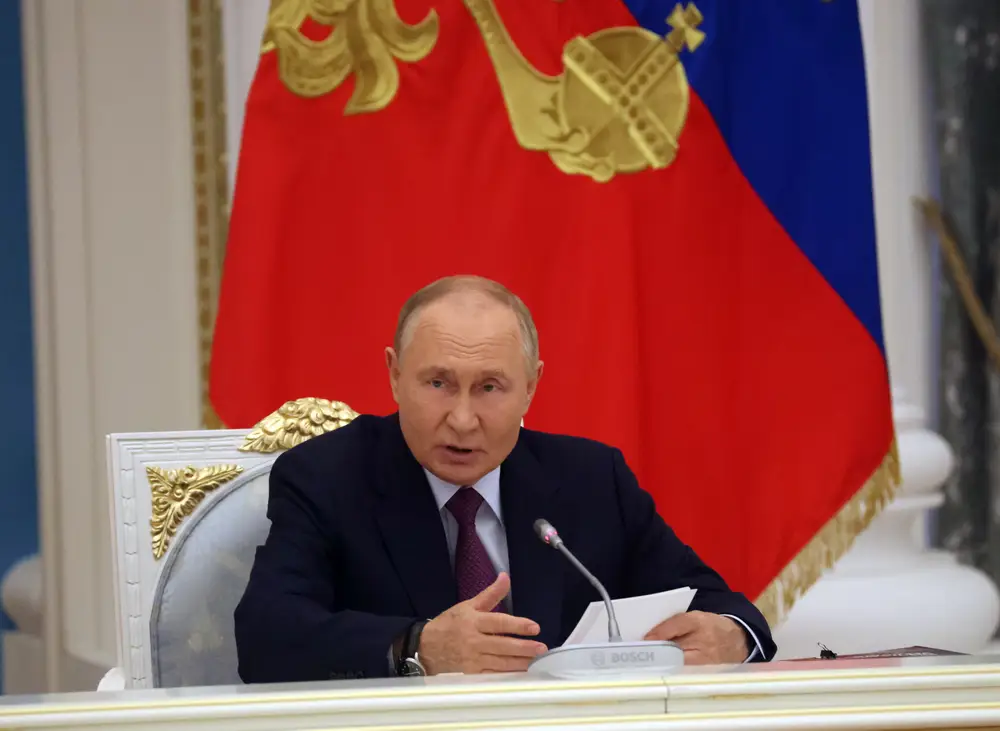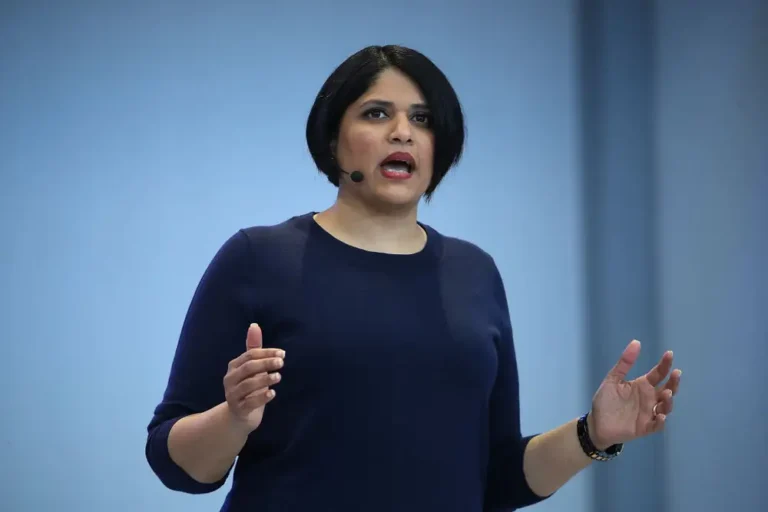Russia hit Google with a fine so big it defies comprehension, exposing a legal system adrift

Russia fined Google an astronomical amount — $20.6 decillion — over suspended YouTube accounts.
Do you have $20 decillion to spare? Google doesn’t — nor does any individual or entity in human history.
All the same, that is what a Russian court maintains the company owes, as punishment for suspending accounts from YouTube.
That punishment attracted an initially modest fine, which doubled after non-payment, then doubled again, then again, and on into absurdity.
As of last week, it was $20.6 decillion. Written in full, it’s $20,604,600,000,000,000,000,000,000,000,000,000.
It outstrips by many orders of magnitude the US federal budget ($6.75 trillion) and the world’s estimated GDP of about $105 trillion.
So — what gives?
There isn’t much left of Google in Russia that the authorities could extract a fine from, and the prospect of other courts enforcing the ruling is essentially nil.
But it does send a message: Russia isn’t happy.
An angry signal
The Kremlin saw it as such last week, when its spokesman, Dmitri Peskov, said he struggled with the magnitude of the number but saw it as “filled with symbolism.”
Legal experts told B-17 what it symbolizes is a Russian legal and economic system estranged from much of the world.
While Russia can rail at Western companies, and make extraordinary financial demands, it has little ability to influence their behavior.
Russia is “pretty impotent” to truly punish Google, according to Tyler Kustra, an assistant professor of politics and international relations at the UK’s University of Nottingham.
The mega-fine is “more designed to send a message than do anything in particular,” he said.
Judges gone wild
Kustra said the figure exposed a lack of checks and balances within Russia’s legal system, which is content to let the mathematical power of compounding take the fine into surreal territory.
“If a British court or an American court issued such a fine, an appellate court would immediately strike it down as an obvious example of abuse by the judge,” he said.
Yet, while the scale of the fine puts it in a league of its own, it is in keeping with other punitive legal measures taken against Western companies since Russia launched its full-scale invasion of Ukraine in 2022.
Russia has effectively annulled intellectual property rights, enabling its companies to freely use patents and designs from Western companies.
It has also imposed penalties on firms trying to exit their Russian operations, demanding that assets be sold at a steep discount while levying a hefty “exit tax.”
The Dutch beermaker Heineken was among those to pull out of Russia at a major cost, selling its operations for one euro and swallowing a loss of around $325 million.
During the war, Russian courts have also ordered the seizure of assets of Western companies, such as Deutsche Bank and Commerzbank.
‘Economic warfare’
The Google fine “makes a symbolic statement about the degree to which Russia and the US are engaged in economic warfare,” said Christine Abely, an assistant professor at New England Law, who wrote a book on Russian sanctions.
In an email to B-17, Abely said: “This is consistent with Russia’s use of other economic weapons against the US.”
Russia and its judges, though, may consider themselves to be giving only as good as they get.
Western countries heaped sanctions upon Russia in response to its full-scale invasion of Ukraine, sowing chaos in its economy, especially for Russian companies that operate abroad.
And US dominance of the global financial system gives its sanctions and restrictions a heft that Russia can’t match.
Trying to assert yourself without that strength could be what births a fine bigger than money itself.
Nathanael Tilahun, a senior lecturer in international law at the University of Essex, told B-17 that Russia’s moves can be seen as a “mirror-image” response to the West.
The scholars B-17 spoke to did not expect any other nation’s court to try to enforce the Google fine.
Google’s parent company, Alphabet, also seems untroubled.
Though it hasn’t commented on the $20 decillion figure, it has repeatedly downplayed the risk of the case, saying in its latest earning statement that it foresaw no “material adverse effect.”
A spreading dispute
The Google fine may stand alone in terms of its massive scale, but a series of smaller battles are straining court systems around the world.
A recent Bloomberg report surveyed the legal landscape — many Russia-linked disputes fought through the English courts, with some spilling over into jurisdictions like Hong Kong, South Africa, and the Netherlands.
Once-rare decisions where one judge cancels the decision of another were becoming commonplace, the report said, making international business disputes scarier territory than ever.
Oleksandra Iordanova, a lawyer at the Swedish firm Snellman, described the situation to Bloomberg as “a fundamental fracture in the international legal order at a time when global trade and investment are more intertwined than ever.”






